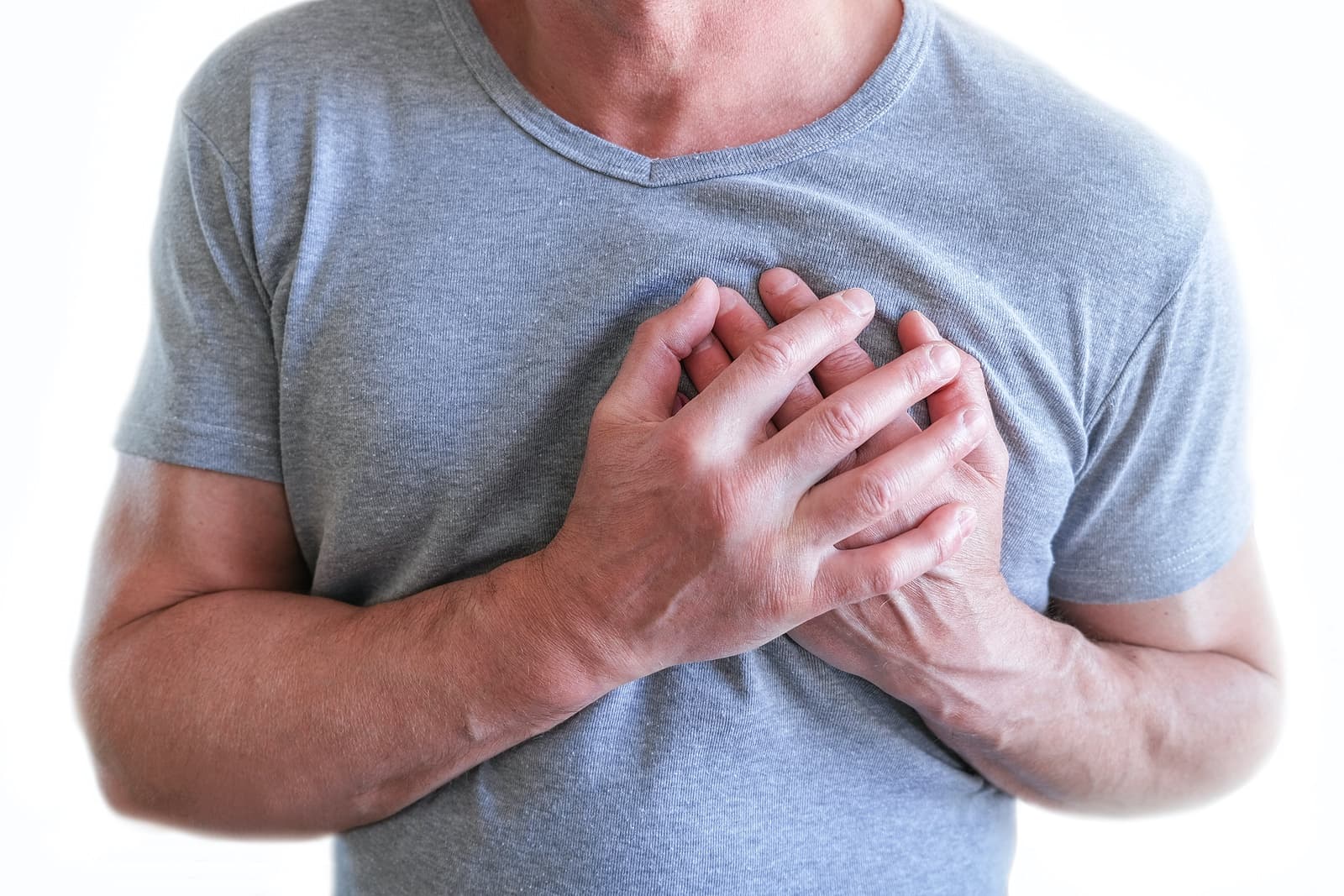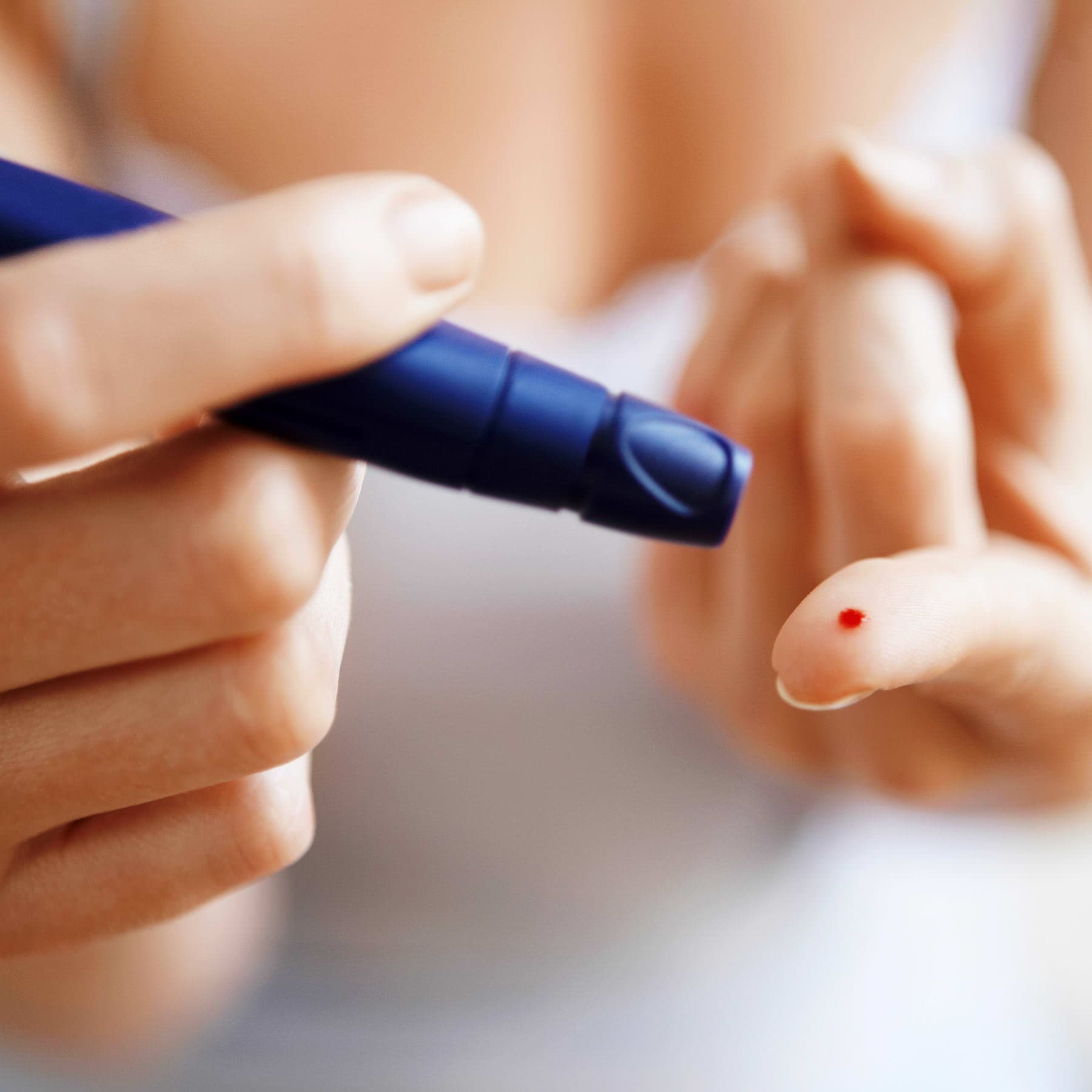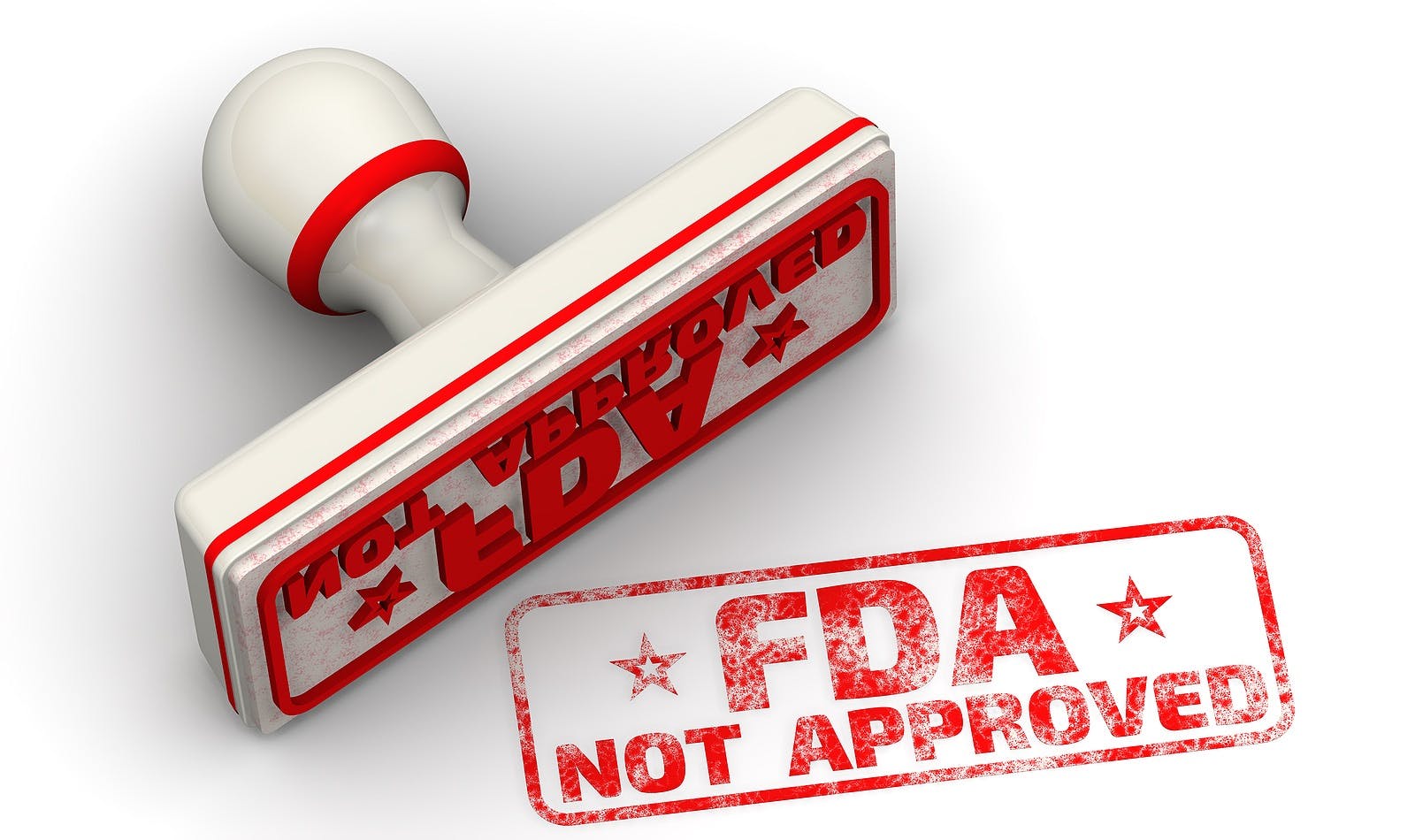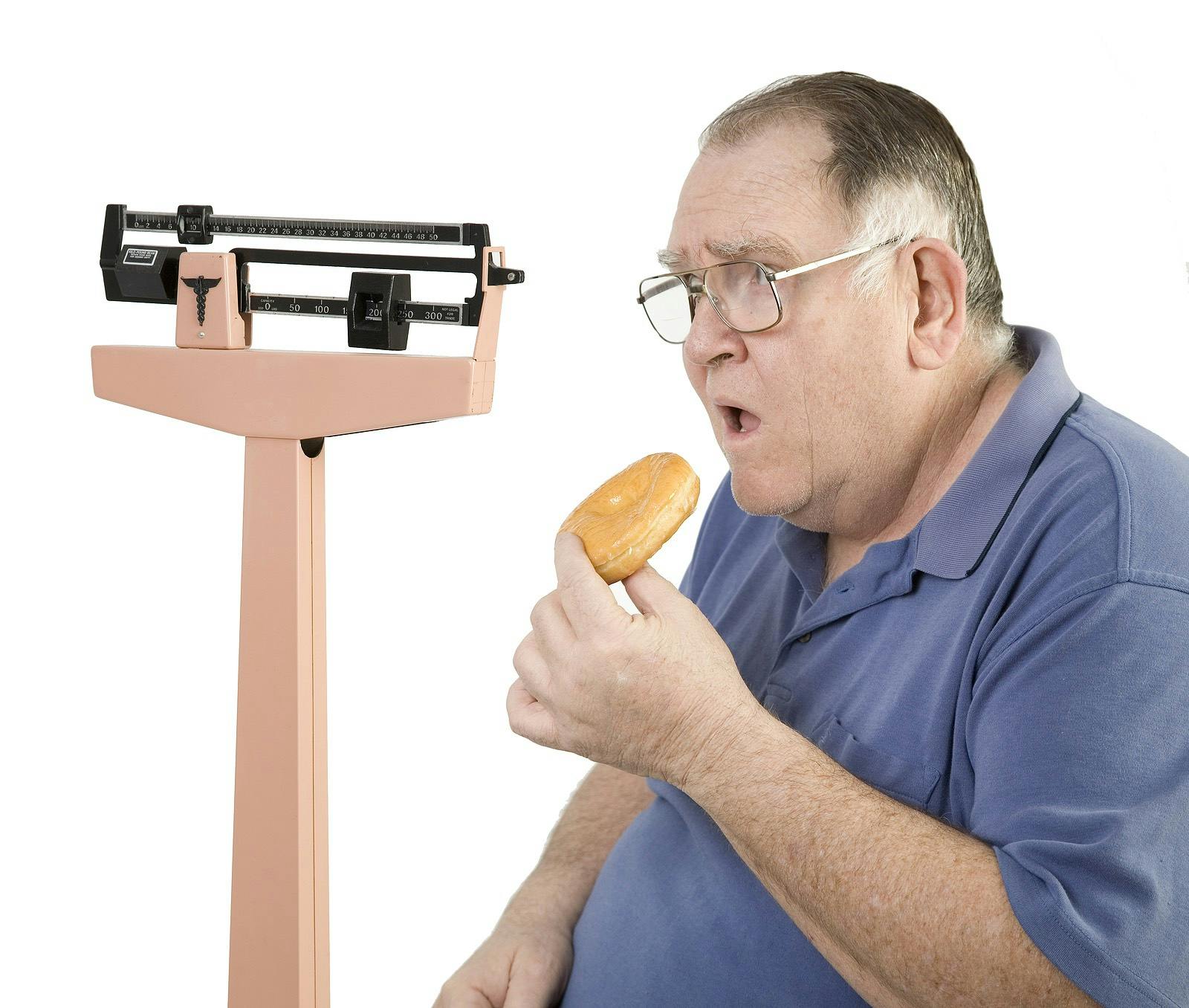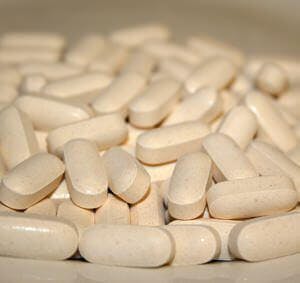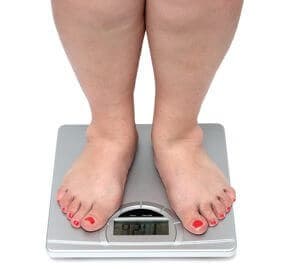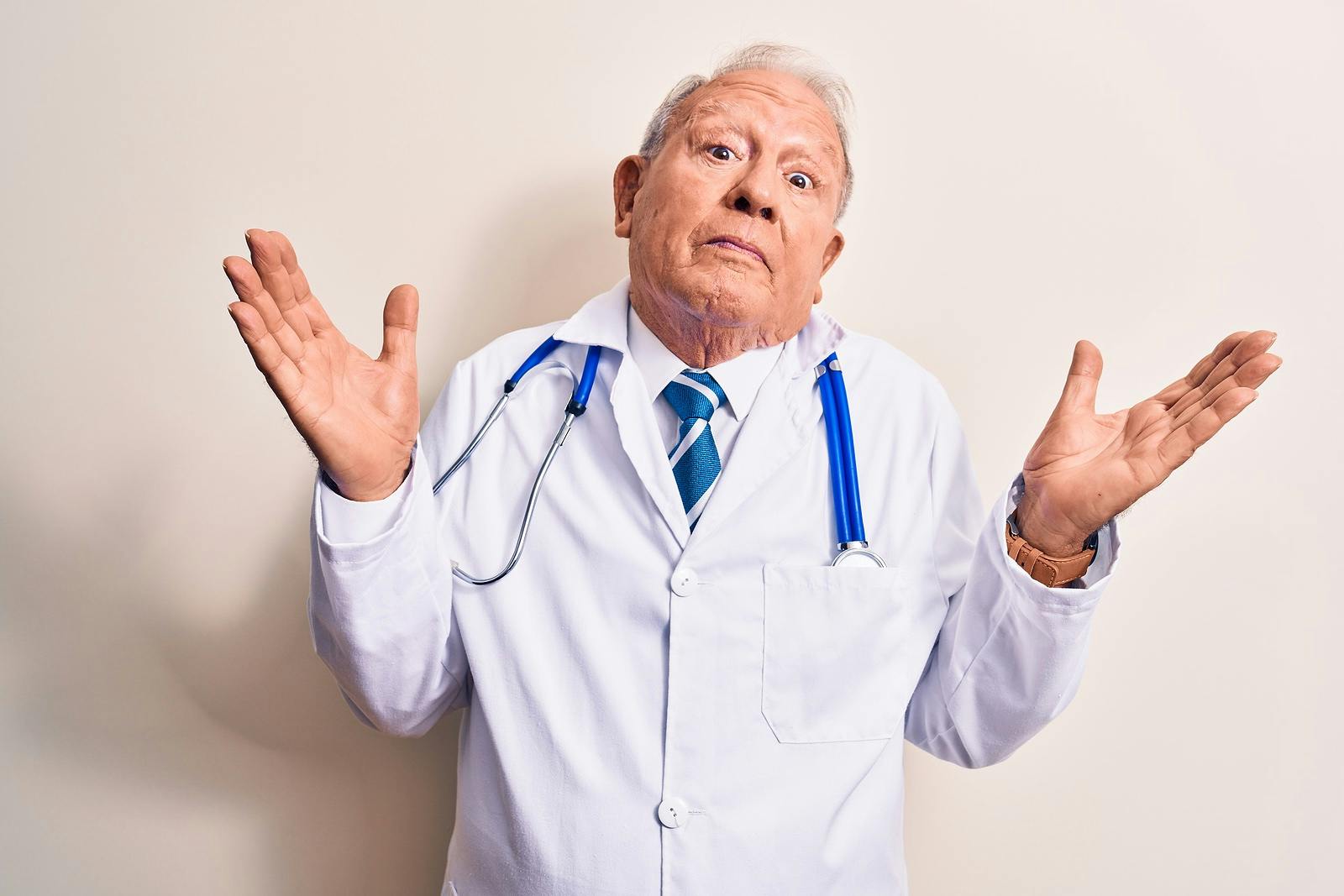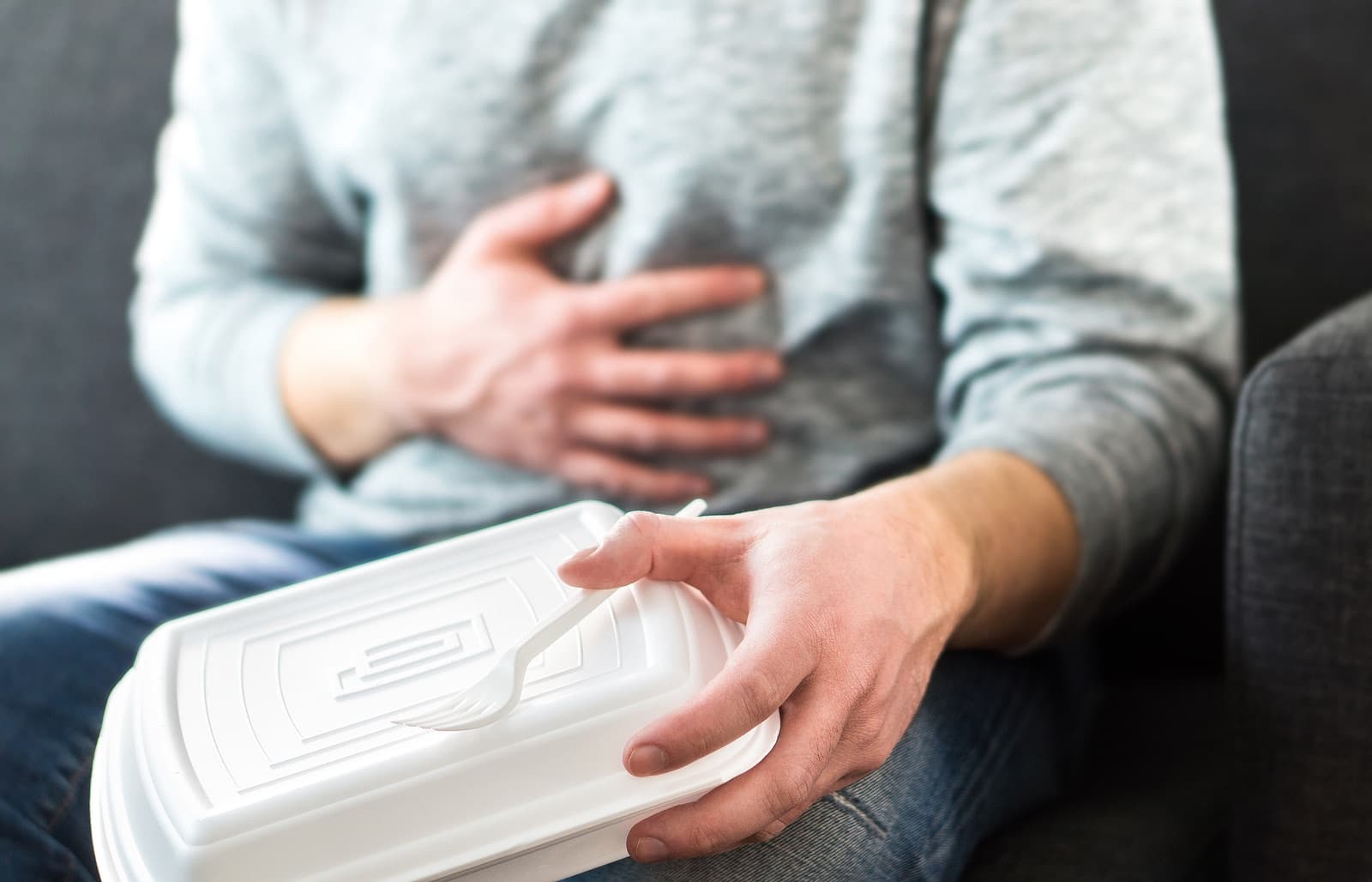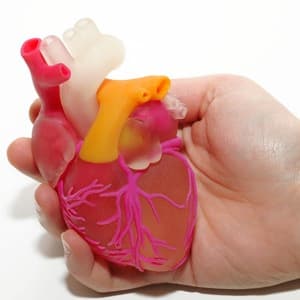Articles categorized as Heart Disease
Should You Take Supplements to Lower Cholesterol?
If you prefer to avoid pharmaceuticals, you might consider supplements to lower cholesterol. Be sure to discuss this with your clinician.
Show 1455: Common Culprits: How Infections Trigger Chronic Diseases
Evidence is mounting that infections trigger chronic diseases like heart problems or dementia. Evolutionary biology offers clues.
Rethinking Saturated Fat: Were Nutrition Experts Wrong?
New research challenges long-held prohibitions—how long until nutrition experts start rethinking saturated fat restrictions? What about you?
FDA Approves Heart Benefits for Wegovy Weight Loss Drug
Semaglutide (Ozempic, Wegovy) is a hot drug because of weight loss. It doesn't help dementia. What are the heart benefits for Wegovy?
How Good Is the Shingrix Vaccine Against Shingles, Heart Disease or Dementia?
Will the Shingrix vaccine protect you from shingles or postherpetic neuralgia? What about dementia or cardiovascular complications?
Show 1450: Beyond Cholesterol: Rethinking Your Risk of Heart Disease
Preventive cardiologist Michael Blaha describes the best steps to take to reduce your risk of heart disease.
Light Exposure Overnight Raises Risk of Heart Disease & Strokes
Humans have only been living with a lot of light at night for about 100 years. Does light exposure contribute to heart disease and stroke?
The Infection Factor: Rethinking Heart Disease and Dementia
Research links pathogens to heart attacks, strokes, and cognitive decline. Rethinking heart disease prevention could start with vaccination.
Shingles Vax Reduces Risk of Heart Attack, Stroke, and Alzheimer’s!
Common infections–colds, flu, COVID, UTIs and SHINGLES–are linked to heart attacks and strokes. Could a shingles vax reduce the risk of AD?
How Clean Indoor Air Could Benefit Your Blood Pressure
Air pollution affects cardiovascular health. Hypertensive people living near highways can lower blood pressure a bit by cleaning indoor air.
Why Is the Sugar Substitute Erythritol Risky?
The non-nutritive sweetener erythritol is popular, but is it safe? Studies show it increases the risk for cardiovascular complications.
Egg Experiment Reveals Eating Eggs Lowers LDL Cholesterol!
Could eating 2 eggs daily for 5 weeks lower "bad" LDL cholesterol? Read about this egg experiment. What about eating 24 eggs/day for 30 days?
Could You Develop Heart Disease from Tick Bites or COVID?
What are the hidden heart risks linked to infections from viruses to ticks? Can people develop heart disease after Lyme or Alpha-Gal Syndrome.
Sugar-Sweetened Beverages Carry Serious Cardiovascular Risks
Studies suggest people drinking more sugar sweetened beverages are at higher risk for type 2 diabetes, stroke and heart failure.
Show 1432: Lead, Lies and Lasting Harm: The Chemical Roots of Chronic Disease
Getting lead out of gasoline improved public health. This offers a clear example of the chemical roots of chronic disease.
Show 1427: Dr. Mark Hyman’s Secrets for Living Your Longest, Healthiest Life
Functional medicine offers ways to adapt our lifestyles so that we can reduce inflammation and live our longest, healthiest life.
Show 1421: Is Lp(a) the Heart Risk No One Talks About?
A lack of medications to lower it may have made Lp(a) the heart risk factor no one talks about. What should you know about it?
Does Grape Juice Have Heart Healthy Benefits?
A reader who has embraced grape juice wonders if its cardiovascular benefits are imaginary. Science says they're real.
What Is the Difference Between Healthspan and Lifespan?
The US has a large gap between healthspan (years free of disease and disability) and lifespan (total years lived). Exercise could improve it.
Cooking Oil Confusion: What’s Best, Olive or Canola?
Health professionals have been at war because of cooking oil confusion. Some say omega-6 PUFAs are great. Others insist they cause great harm
What’s in Your Frying Pan? Omega-6 or Omega-3 Oils?
Seed oils from corn or soybeans have been linked to higher risk for cancer. Omega-3 oils from avocado, fish or olives seem safer.
How Do You Feed Your Microbiota?
An intriguing study reveals that what you feed your microbiota influences the variety of microbes in your intestines. The relationships are unique to you.
Show 1368: Why Overcoming Loneliness Is Crucial for Your Health (Archive)
Social isolation is a serious risk factor for chronic diseases. As a result, overcoming loneliness is an essential step toward better health.
Show 1405: Why Does Anger Harm Your Heart?
Researchers are discovering how can anger harm your heart. It has a profound negative effect on the lining of your blood vessels.
Show 1400: Exposing Blind Spots: Unmasking the Myths of Modern Medicine
When doctors' recommendations are based on scientific evidence, they hold up. But blind spots that rely on dogma instead are a problem.
Brewing Heart Health: Caffeine from Coffee and Tea Reduces Risks
Can you sip your way to a healthier heart? Can caffeine from coffee and tea reduce your risk for heart attacks, strokes and type 2 diabetes?
Conflicting Advice About Eggs and Salt Drives Reader Crazy
Many people become upset with conflicting advice on nutrition. Are eggs good or bad? What about salt? Butter vs. margarine?
Will New BP and Cholesterol Guidelines Lead to Deaths?
How low should your blood pressure or cholesterol go? A controversy has erupted within the cardiology community about cholesterol guidelines.
Why Haven’t Statins Stopped Heart Disease?
Over 50 million Americans swallow statins daily, but heart disease remains our #1 killer. Why haven't statins stopped most heart attacks?
Why Would the FDA Approve Ineffective Drugs?
Many doctors believe that FDA's standards for approving new drugs are very high. How come there are many ineffective drugs on the market?
If You Are on Medicare & Overweight You May be Eligible for Wegovy
Medicare Part D will now pay for Wegovy (semaglutide) to help millions of overweight people reduce their risk of heart attacks and strokes.
What Is the Story on Calcium Supplements?
Studies suggest that calcium supplements don't prevent osteoporosis and broken bones, and may even have troubling side effects.
Does Loneliness Raise Your Risk for Parkinson Disease?
A multi-year study of nearly 500,000 individuals shows that loneliness increases the risk of Parkinson disease significantly.
Healthy Lifestyle Can Overcome a Genetic Tendency to Belly Fat
Getting enough exercise and eating a healthful diet, along with not smoking and other lifestyle factors, can override genes for belly fat.
Show 1362: Lowdown on New Medicines for Treating Obesity –Part 2
In this episode, we consider the benefits and considerable risks of drugs like Wegovy for treating obesity. Our guest says eat real food!
FDA Review of Ancient Drug (Colchicine) Spikes Price
Inflammation is more important in heart disease than people realize. Could colchicine, a VERY old drug, prevent heart attacks and strokes?
How Would You Know Whether Your Medicine Works?
What are the pros and cons of your medications? Do you know? Why not ask your doctor how well your medicine works in real numbers?
Show 1359: Is the Food on Your Plate Real or Fake?
Listen to this interview with two leading nutrition scientists to determine whether you are choosing real or fake foods. (Real is better.)
Show 1353: Cutting Edge Cardiology from a Top Heart Doctor
In this episode, learn about cutting edge cardiology and drugs in addition to statins that can lower your chances of a heart attack.
Shocking Conflicts of Interest in Nonprofit Patient Charities
Americans trust nonprofit patient organizations educating about cancer, heart disease and Alzheimer disease. Beware Conflicts of Interest!




